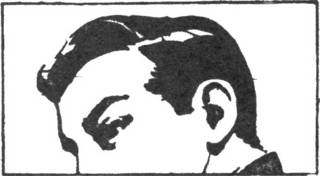Update: MMcM, a reader at Languagehat, has posted a link to the book Gujarat and its Literature by KM Munshi, which quotes the entire couplet along with some additional verses.
संस्कृतहि पंडित कहै, बहुत करै अभिमानHere's my loose translation, based on Munshi's prose rendition. In the last line I've used an alternative version I found, which has सरल instead of गहिर:
भाषा जानि तरक करै, ते नर मूढ़ अजान
संस्करित संसार में, पंडित करै बखान
भाषा भक्ति दृढावही, न्यारा पद निरबान
संस्करित है कूप जल, भाषा बहता नीर
भाषा सतगुरु सहित है, सतमत गहिर गंभीर
The pandit spouts Sanskrit and preens arrogantly:It's interesting to read the entire couplet and see how the meaning of the line I quoted has changed. It's about language, yes, but it is also about the search for truth. A paradox is introduced: Sanskrit may be the repository of classical knowledge, a well from which many have drunk, but its still waters do not run as deep as the flowing stream of bhasha, in which one may stand and look all the way through to the profound truth.
'The man who would argue in bhasha is an ignorant fool!'
The pandit praises Sanskrit through the entire world
But in bhasha alone is firm faith, the verse of salvation
Sanskrit is water in a well, bhasha a running stream
Bhasha is one with the true guru, the true word simple and deep

2 comments:
An interesting question; I've reposted it here.
Thank you so much!
Post a Comment